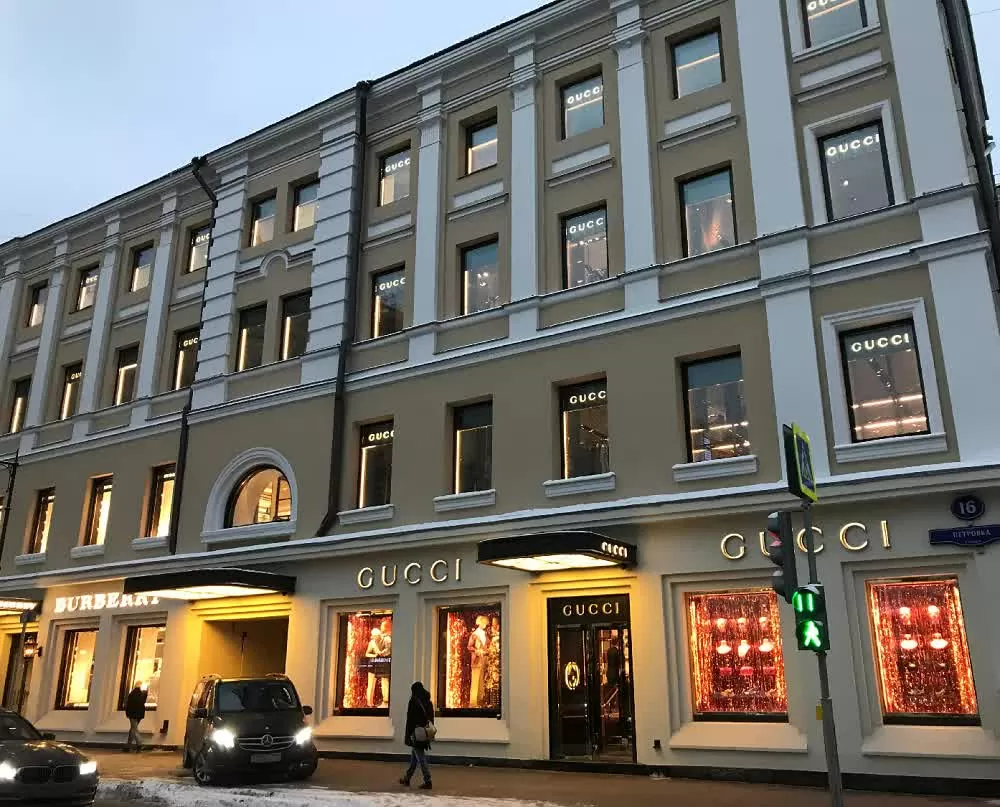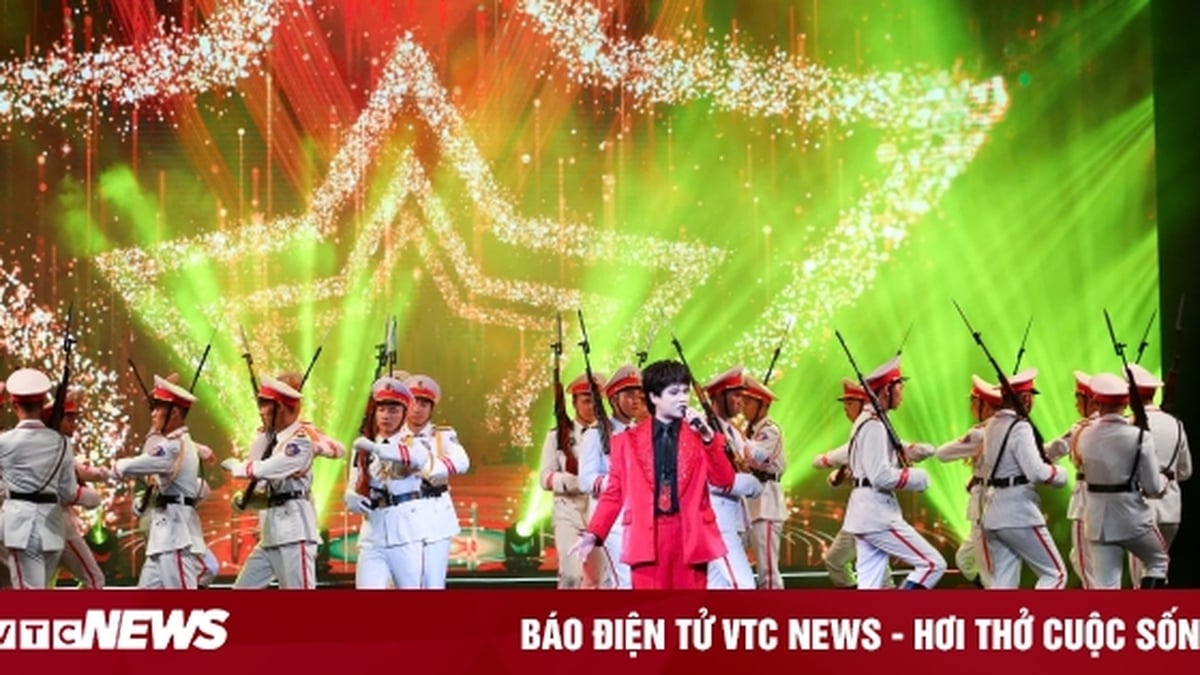The Financial Times reported on February 21, citing anonymous sources, that a number of American companies have expressed "interest" in returning to the Russian market.
 |
| A Gucci store on a street in Moscow, Russia. (Source: shoes-report.com) |
In recent days, as Russia and the US conduct negotiations to restore relations, there has been increasing news about foreign brands wanting to return to the Russian market after 3 years of being forced to leave.
The US State Department announced that on February 18, the US and Russia agreed to resolve issues hindering US-Russia relations and begin building a roadmap to end the Russia-Ukraine conflict.
Kathleen Brooks, Director of Research at XTB Brokerage, said that President Donald Trump remains an important factor influencing financial markets. His handling of the Russia issue is different from the traditional one and the market still believes in this approach.
In early February, Russian media reported on alleged plans by a number of foreign brands and companies, including automakers, to return to Russia.
Russia's First Deputy Prime Minister Denis Manturov said that the country will only accept foreign companies operating in sectors that interest the country, while Russian Foreign Minister Sergey Lavrov expressed the view that Russia should only allow Western companies to participate in sectors that do not pose risks to the Russian economy .
So far, no US companies have confirmed that they have taken any steps to resume operations in the Russian market. However, some Western names are said to have begun to reappear. Among them, the luxury brand Gucci has just been officially registered for protection in Russia, which could signal a wave of major Western brands returning to Russia.
Florence, Italy-based Guccio Gucci has successfully registered the Gucci trademark with the Russian Intellectual Property Service Rospatent to sell various goods, including clothing and accessories. The application was filed on June 2, 2023, and Rospatent approved it on February 18, 2025, according to TASS .
Gucci is registered in Russia for a wide range of products including clothing such as dresses, handbags, fabrics, underwear, swimwear, jackets and hats. Gucci is also licensed to produce sports goods, including punching bags and jewelry. The brand also covers tableware, kitchenware and cosmetics.
French group Kering, owner of Gucci, has indefinitely closed its stores in Russia following the Russia-Ukraine conflict. In addition to Kering, Richemont, Chanel and Prada have also closed stores in Russia.
In February, Gucci's creative director Sabato de Sarno was forced to leave the company. Analysts believe Gucci made the decision due to a 23% drop in Gucci's sales in 2024. Hedi Slimane could become the company's new creative director.
Meanwhile, according to the Russian Direct Investment Fund (RDIF), not only Gucci, many American companies are expected to return to the Russian market in the second quarter of 2025.
“It is expected that some US companies will soon return to the Russian market, as early as the second quarter of this year. However, the return of US companies will not be easy, as many market segments have already been replaced,” said RDIF Director Kirill Dmitriev.
Pavel Lyulin, vice president of the Russian Union of Shopping Centers, confirmed that talks on the mass return of foreign brands began late last week. These include Inditex, the owner of mid-range fashion brands Zara, Massimo Dutti, Uniqlo, PepsiCo, Coca-Cola and even Ford and Visa with MasterCard.
Among them, brands such as Zara, Bershka, Pull&Bear, Stradivarius will find it easier to return because they have “inherited” locations in shopping centers across Russia.
In South Korea, it was reported that a number of local brands, including Samsung, LG and Hyundai, have plans to return to Russia after Moscow and Washington started dialogue.
According to statistics, after leaving Russia, American businesses lost more than 300 billion USD, of which the technology and communications industry suffered the heaviest loss with 123 billion USD, followed by consumer goods and healthcare (94 billion USD), finance (71 billion USD) and energy (10 billion USD).
Source: https://baoquocte.vn/doanh-nghiep-phuong-tay-nong-long-quay-tro-lai-thi-truong-nga-diem-danh-nhung-cai-ten-dau-tien-305214.html



































































































Comment (0)